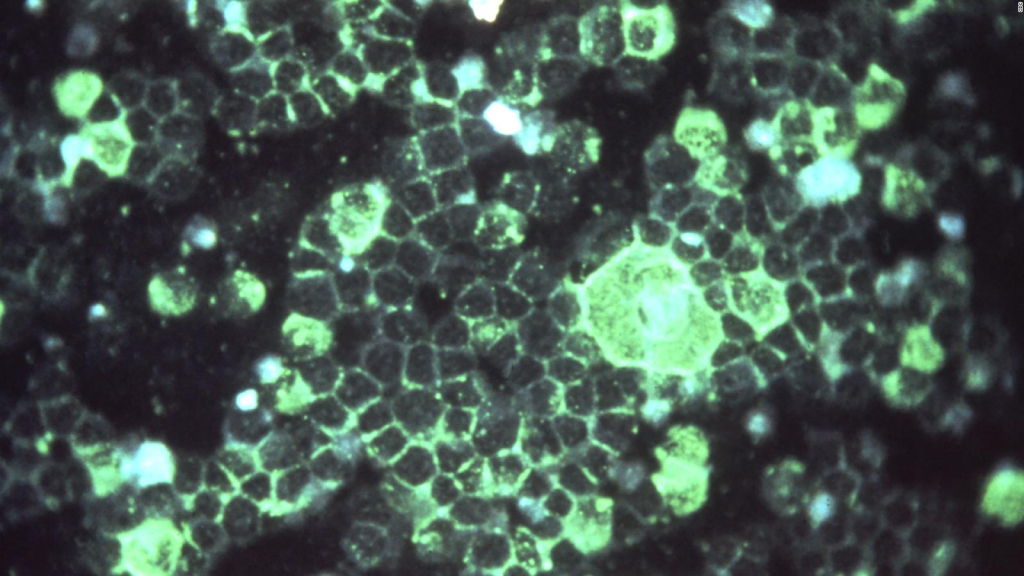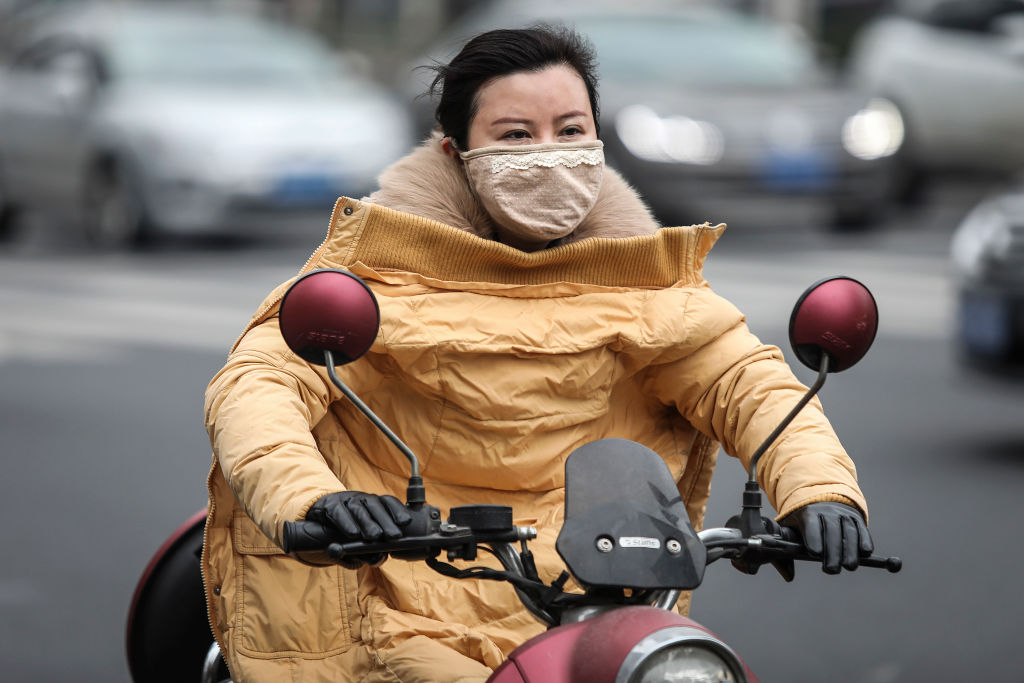The Wuhan coronavirus that originated in China has put global health authorities on alert. It resembles the deadly SARS, which infected more than 8,000 people and killed 774 in a pandemic that swept through Asia in 2002 and 2003, although it is not yet as strong, experts say, who remain vigilant. It is now known that the virus can be transmitted from person to person, and the large flow of travelers for the Chinese New Year causes contagion concerns. There are already more than 600 cases in 8 nations. In Latin America, the Brazilian authorities evaluate the presence of a possible case.
What is the coronavirus?

According to the Centers for Disease Control and Prevention (CDC), coronaviruses are common worldwide, can infect and make people sick.
“Human coronaviruses commonly cause mild to moderate diseases in people around the world. It is known that two new human coronaviruses, MERS-CoV and SARS-CoV, frequently cause serious diseases, ”they explain.
What is this new outbreak about?
It’s called 2019-nCoV, according to the CDC, and it’s causing an outbreak in the city of Wuhan in China. There are already more than 600 people diagnosed worldwide. He was identified on January 9, 2020 by the World Health Organization.
What are the symptoms?
According to local authorities, patients experience fever, cough, shortness of breath, pneumonia and muscle pain.

A woman rides her electric bicycle near the sea food market that has been linked to coronavirus cases in Wuhan, China. (Getty Images)
How did it come about?
The pneumonia outbreak emerged last month in Wuhan, the largest city in central China and a major transportation hub. Authorities in China have linked viral infections with a seafood and wildlife market in Wuhan, which has been closed since January 1 to prevent further spread of the disease.
On January 8, Chinese scientists identified the pathogen as a new strain of coronavirus, in the same family of severe acute and fatal SARS respiratory syndrome.
Although the exact source of the virus is still unclear, preliminary research shows that it could come from wild animals sold in a seafood market, and like bamboo rats and badgers.
As the CDC explains, coronaviruses that infect animals can sometimes evolve and become a human coronavirus.
It is mortal?

At the Narita airport, Japan, they installed thermal monitors to check the temperature of the passengers. (Tomohiro Ohsumi / Getty Images)
While the new virus has not shown mortality rates such as SARS, which infected more than 8,000 people and killed 774 in a pandemic that swept through Asia in 2002 and 2003, a new study by Imperial College London suggests that it is possible that The amount of infections in Wuhan has been underestimated. At least 17 people have died.
Could it expand globally?
So far the concern about the outbreak is at the regional level.
The spread of the outbreak occurs as the country prepares for the Lunar New Year vacations later this week. On Sunday, the World Health Organization (WHO) said there was evidence of a “limited person-to-person transmission” of the new virus, generating fears of a broader regional outbreak. In the holiday period, usually hundreds of millions of Chinese travel throughout the country and abroad.
The health authorities in Beijing confirmed on Monday two cases of the new coronavirus, while the Guangdong authorities reported a case in Shenzhen, the first confirmation from the authorities that the mysterious virus has spread nationwide beyond the central city from Wuhan. It is believed that the three patients visited Wuhan, according to authorities.
Several cases have been detected outside of China: in Thailand, Japan, South Korea, Taiwan, Singapore, Saudi Arabia, Macau, Hong Kong and the United States.

Notices at Tokyo airport, Narita, that warn about the symptoms of the virus. (Tomohiro Ohsumi / Getty Images)
How to protect yourself?
There are no coronavirus vaccines, (at the moment, but several teams are working to create one) but there are things you can do to reduce the risk of infection, the CDC says:
– Wash your hands well for at least 20 seconds, and do it frequently
– Avoid touching your eyes, nose or mouth without washing your hands
– Avoid close contact with people who may be infected
Treatment
There is no specific way to treat infected patients. The CDC says that most patients recover on their own.
– Take medicine for cough, pain and fever
– Take hot showers to help with a cough and sore throat, or use a humidifier
– You should drink more liquids
– Stay home and rest
The CDC warns that the doctor should be consulted if there are major concerns about the symptoms.
COMMENTS